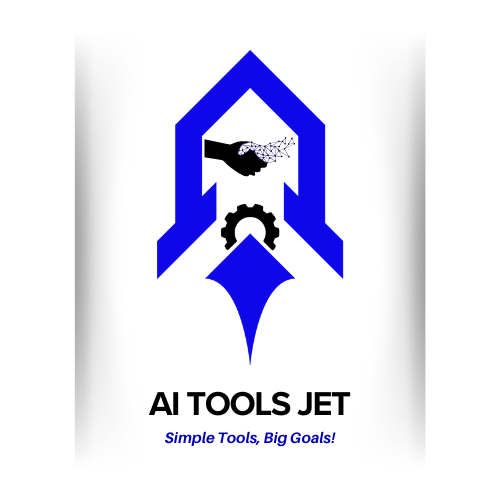Silicon Valley is all in on AI agents, but the big question remains—what exactly are they?
Tech leaders are making bold predictions. Sam Altman predicts AI agents will enter the workforce in 2025, reshaping how we work. Microsoft’s Satya Nadella believes they’ll replace certain knowledge jobs. Salesforce’s Marc Benioff wants his company to be the world’s leading provider of “digital labor.”
These claims sound revolutionary, but there’s a catch—every company seems to have its own definition of what an AI agent actually is. Ask ten different tech firms, and you’ll get ten different answers.
The term “AI agent” has quickly become a buzzword, much like “AI assistant” or “AGI.” The problem? Without a clear definition, it’s becoming vague and overused. Companies like OpenAI, Microsoft, Salesforce, Amazon, and Google are all building their own versions, each with different capabilities, leading to customer confusion—and even internal disagreements.
Industry insiders are frustrated, too. Ryan Salva, Google’s senior product director and former GitHub Copilot lead, admits he’s come to ‘despise’ the term ‘agents.
“alva shared with TechCrunch that the term ‘agent’ has been so overused in the industry it’s nearly lost all meaning.
This isn’t a new issue. Ron Miller from TechCrunch posed the question, ‘What exactly is an AI agent?’ last year.
Take OpenAI, for example. In a blog post, it defined agents as “automated systems that can independently accomplish tasks on behalf of users.” But its developer documentation described them differently: “LLMs equipped with instructions and tools.” To make matters worse, OpenAI’s API product marketing lead, Leher Pathak, suggested that “assistants” and “agents” are essentially the same thing.
Meanwhile, Microsoft draws a line between agents and AI assistants. It sees agents as specialized “new apps” with expertise, while assistants handle general tasks like email drafting.
Anthropic takes a broader approach. It defines agents in multiple ways, from fully autonomous systems that operate independently to guided implementations following set workflows. In other words, the definition is wide open.
Salesforce has perhaps the broadest interpretation. It describes agents as systems that “understand and respond to customer inquiries without human intervention” and even categorizes them into six different types, ranging from “simple reflex agents” to “utility-based agents.”
So why is the definition all over the place? One reason is that AI agents—like AI itself—are constantly evolving. Companies like OpenAI, Google, and Perplexity are only just launching their first so-called agents: OpenAI’s Operator, Google’s Project Mariner, and Perplexity’s shopping agent. Each has different capabilities and functions.
Another factor? Tech companies often prioritize innovation over rigid definitions. Rich Villars, a VP at IDC, explains that businesses focus more on what AI can do rather than boxing it into a strict label—especially in such a fast-moving industry.
Marketing hype also plays a role. Andrew Ng, founder of DeepLearning.ai, says AI agents once had a clear technical meaning—until marketers got involved. “About a year ago, marketers and a few big companies got a hold of the term,” he said, implying that branding has muddied the waters.
So what’s the impact? Jim Rowan, head of AI at Deloitte, sees both positives and negatives. The broad definitions allow companies to customize AI agents to their needs, but they also create mismatched expectations and make it harder to measure success.
“Without a standardized definition, even within a company, it’s hard to benchmark performance and ensure consistent outcomes,” Rowan explains. “While flexibility can foster creativity, a more unified understanding would help businesses maximize their AI investments.”
But if the history of AI terminology tells us anything, a single, agreed-upon definition of AI agents may never come. Just like “AI” itself, the term will likely continue to evolve, rebrand, and reshape—until it means everything and nothing at the same time.


